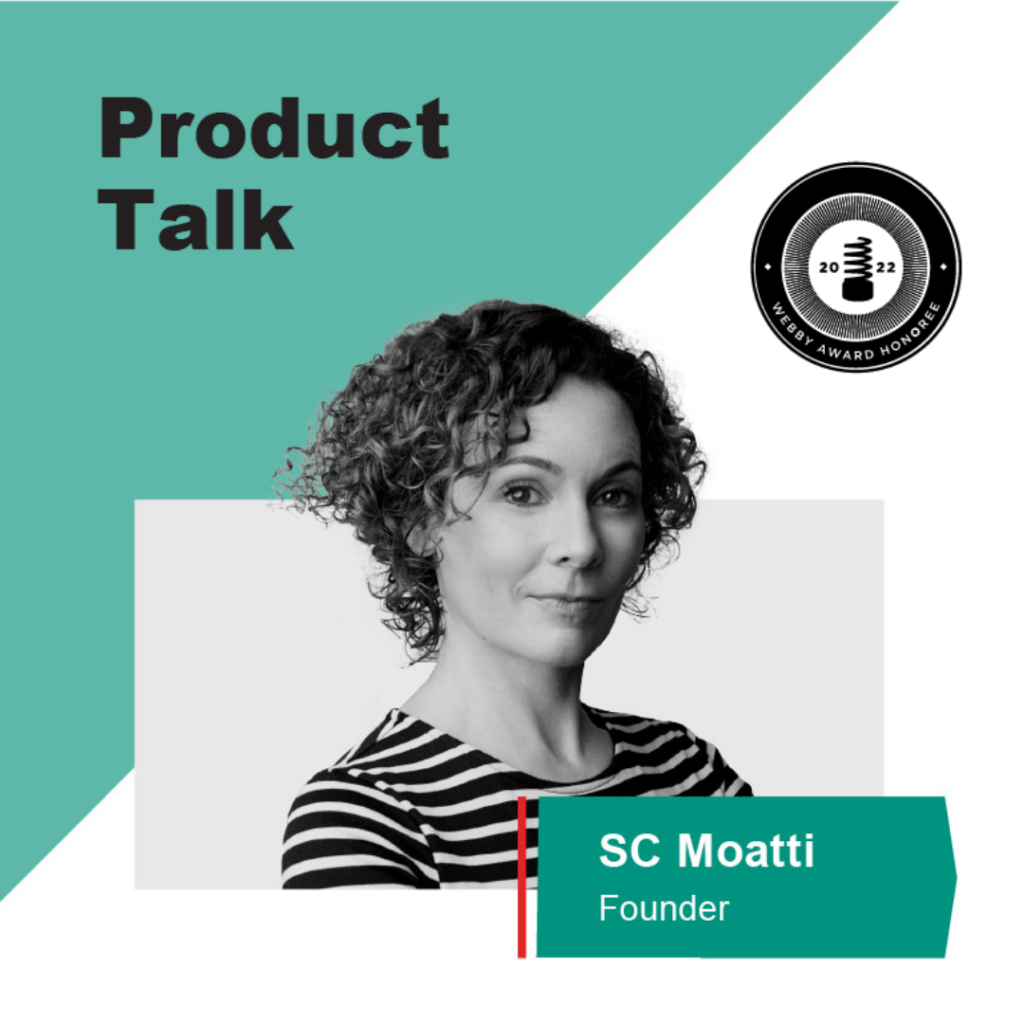Do you know the magnificent 7 KPIs?
In episode 15 of the CPO Rising Series, Products That Count CPO Renée Niemi interviews Tenable CPO Nico Popp. Nico speaks a lot about the Chief Product Officer mindset, such as thinking like a coach. He also stresses the importance of sharing the company vision with the whole team. This includes making meaningful connections and leading with transparency. Finally, Nico shares his key measurements for performance and growth. He calls these his “magnificent seven” KPIs.
Subscribe to the Product Talk podcast on Spotify and Apple Podcasts and never miss a single conversation with leading product executives. New episodes go live every week. Episodes in the CPO Rising Series drop on Fridays.

On the CPO as soccer coach
When hiring product leaders, Nico begins by thinking like a soccer coach. What pieces does he need to build a winning team?
“I like to use the analogy that I am the coach. So I cannot win the game. You’ve got to go win the game for me. I have to look at the strategy, the tactics to win. And I have to look at my team and say, What do I have?
“I’m a soccer guy, right? So do I need more defense, more offense, more people in the middle? What talent do I need to inject to make that team successful? So that’s the first important thing. You have to look at your current needs and find the profile that will make the team successful, because you’re the coach.
“Beyond that, I always have three main concerns. Competency, right? I’m in security; I want somebody who will really understand the field of security. That’s number one.
“Number two is culture. This is all about the people. And leading people, you’ve got to fit the control model of the company. You have to share the values.
“And then number three is more personal. I was an engineer by training. So at the beginning it was all about the tech. The tech wins everything. And then I realized, no, it’s not about the tech. It’s about the product and the business model behind the tech. And then you realize, I had it all wrong. It’s all about the people. So to me, EQ, the ability to be empathic, to listen, to be the teacher, to be the inspiration for the people. That’s the most important dimension in product. We are as good as our people.”
On how to be the culture
“Value the member. Know your core talent. Go listen to them. Ask them for the gift of feedback. Engage them, to reinforce how valuable a member of the team they are. There’s a good book you should read: Never Eat Alone. Leverage all these lunch breaks, and all these things to catch the people and reinforce how important it is.
“The other thing is: communicate the shared vision. The shared vision is always forgotten. Any HR survey will tell you the number one complaint is we don’t understand the strategy. So repeat it, repeat it, repeat it, and repeat it again.
“And then walk the walk. Talk the talk. If you want transparency, be transparent. I share the numbers. Share the bad story, the brutal facts, what went bad and went poorly be. Culture comes from the top. You cannot cheat, they will see through. The reason you have Apple as a great product culture is because the guy at the top was a product guy. That’s what he cared about. He sweated the attention to detail. And I could tell you so many stories. You cannot invent these things. So the culture is the culture, but live the culture, right? Be the culture.”
On the “Magificent Seven” KPIs
Finally, Renée and Nico discussed metrics. Product leaders need to measure performance in order to track progress. So what are the most important key performance indicators (KPIs) for CPOs? Nico has seven specifically that he thinks are universal, and has even given them a name. “I call them The Magnificent Seven,” he says. The first four are related to the business itself. After that comes talent, customer satisfaction, and a wild card.
Nico Popp’s “Magnificent Seven” KPIs are as follows:
- Accounts receivable is the money owed to the company by customers.
- Growth rate, measuring the company’s performance over a period of time, and expectations for future performance.
- Gross margin, or revenue minus cost of goods sold, divided by revenue.
- Expense ratio, efficiency of the engineering team.
- Attrition of the top 20% of talent. “These are the people,” Nico says, “that shouldn’t leave. Somebody comes to give you their resignation, you have two reactions. If you start thinking how you’re going to replace that person, who you’re going to put in charge, then you should have fired that person a long time ago. If, right away, you’re thinking how you’re going to keep that person, and the counteroffer, that is a top 20%.”
- Net Promoter Score, in other words customer satisfaction. Would customers recommend your product to their friends?
- Wild card. This last metric is something of a wild card. It must be adapted to the needs of the company, and will vary based on circumstances.
As shown above, the Chief Product Officer tracks a range of metrics. These are largely related to the business top and bottom line, but also connect with talent, customer satisfaction, and more. All things considered, Nico’s list is a good starting point for the aspiring product leader.